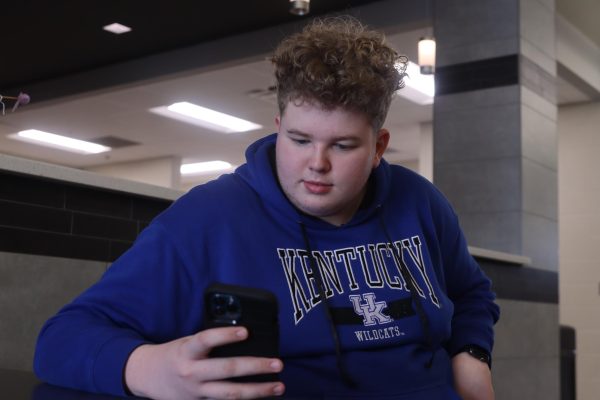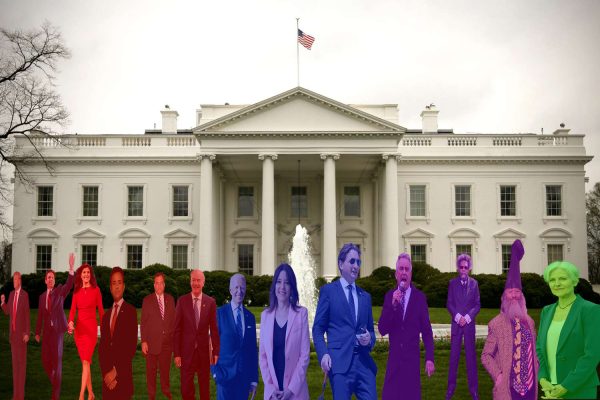Honoring the 50th Anniversary of Tinker vs Des Moines
Mary Beth Tinker is pictured above, and still speaks to students across the country about their rights.
February 24, 2019
On this day 50 years ago, the Supreme Court made a decision that ruled in favor of student expression.
In December 1975, Mary Beth Tinker and several other students wore black armbands to their junior high school to protest the Vietnam War. When the school board became aware of this, they banned students from wearing the black armbands and suspended Tinker and the other students for their previous decision to do so. Once the students returned to school, they decided to wear black clothing for the rest of the school year in protest and made the decision to file a First Amendment lawsuit.
This case resulted in the ruling that both students and teachers do not “shed their constitutional rights to freedom of speech or expression at the schoolhouse gate.” This was a landmark decision that still impacts student press today. However, not all scholastic publications follow this standard that was set 50 years ago.
The Hazelwood vs Kuhlmeier Supreme Court case happened more recently in 1988 and went against the Tinker standard and said that students do shed some of their constitutional rights within school. In this case, journalism students at Hazelwood East High School, who wrote for a school-funded magazine, covered topics such as teen pregnancy and divorce. Their principal deemed that it violated the privacy of students and removed the articles before publication without notifying the school’s student press.
According to the United States Courts concerning the Hazelwood case, “…the Court noted that the paper was not intended as a public forum in which everyone could share views; rather, it was a limited forum for journalism students to write articles, subject to school editing, that met the requirements of their Journalism II class.”
The effects of Hazelwood negatively impact student journalists today and the ruling gives school administrations an opportunity to restrict what the student press can and cannot publish. Because of this, several states are working towards enacting the New Voices legislation, which would bring back the Tinker standard that was set on this day in 1969. This legislation has been ruled in 14 states so far, which includes Arkansas, California, Colorado, Illinois, Iowa, Kansas, Maryland, Massachusetts, Nevada, North Dakota, Oregon, Rhode Island, Vermont and Washington.
At Bullitt East, the Livewire is a self-funded newsmagazine and operates as an open, public forum where everyone is encouraged to share their own opinion. There is an option to “speak your mind” under every article on the Livewire’s website and letters to the editor are taken and can be published.















